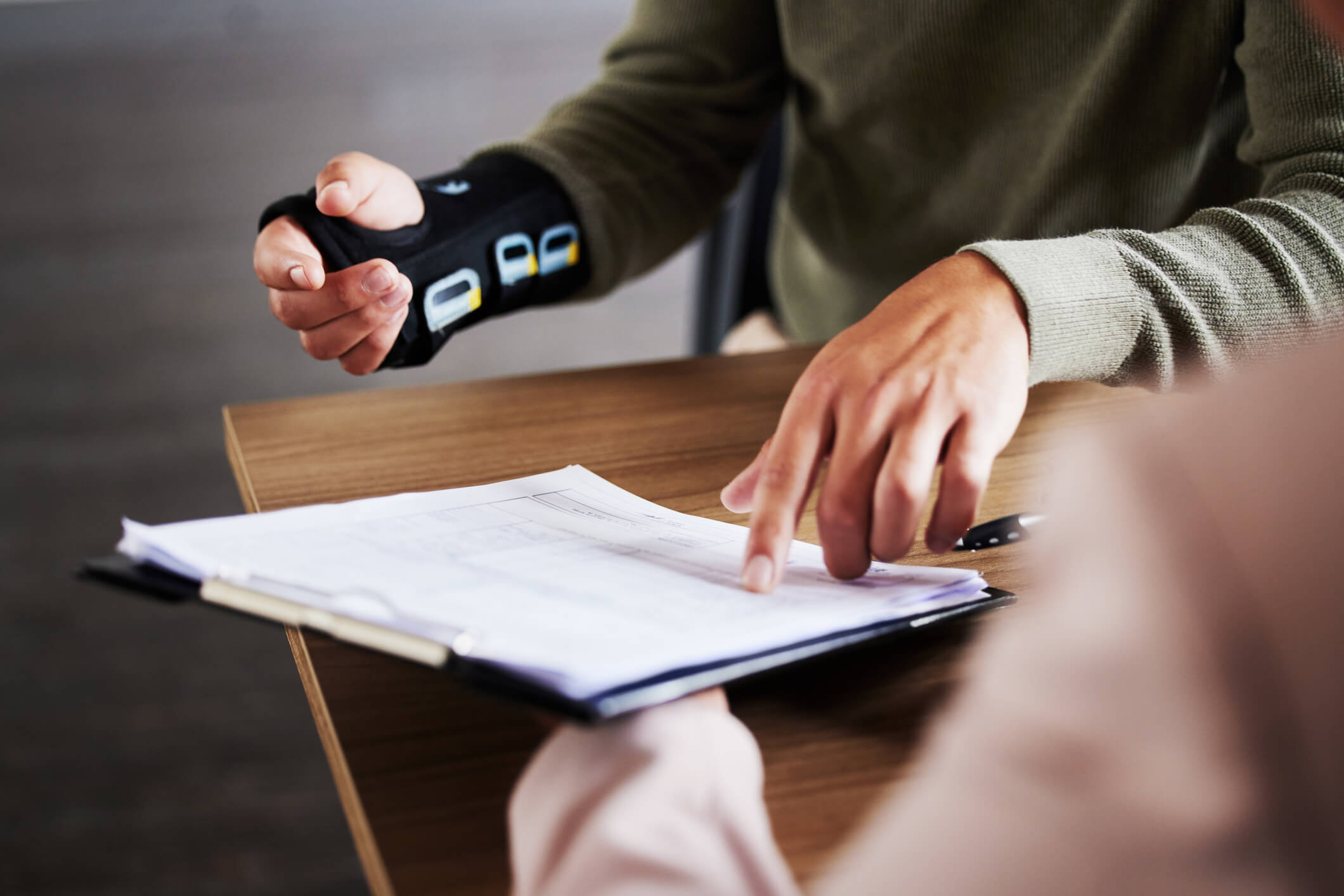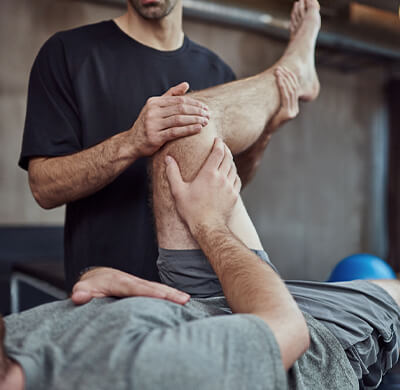
Workplace injuries can happen in any job environment, from offices to construction sites. These injuries can range from mild to severe and may include sprains, cuts, fractures, or more serious conditions. Understanding the nature and cause of your getting injured at work is the first step in addressing the situation effectively.
Addressing injuries as soon as they occur is crucial to prevent further complications. Understanding your recovery options is also crucial after getting injured at work. This guide aims to provide you with practical tips to help you recover effectively and return to work safely.
Understanding Your Rights
If you get injured on the job, know your rights. Workers’ compensation laws are here to help. They ensure you get the medical care and money you need while you heal.
Filing a Workers’ Compensation Claim
You need to file a claim in order to receive the benefits of workers’ compensation. Tell your boss about your injury immediately. Your employer should send your claim to insurance when you see a doctor.
What Workers’ Compensation Covers
Workers’ compensation pays for doctor visits and rehab. It also covers some lost wages. A lasting injury might let you receive disability benefits. Knowing what is covered helps you plan your recovery.
Your Recovery Options
Getting your injury diagnosed and treated early can help shorten how long you need to recover. It can also ensure that you recover completely. Immediate medical attention ensures you get treated when you get injured at work.
Medical Treatments
Medical professionals play a vital role in your recovery journey. They assess the severity of the injury and recommend appropriate treatments.
These treatments might include applying simple first-aid techniques or performing complex surgical procedures.
Following your doctor’s advice is essential. You also need to attend all follow-ups for a successful recovery.
Benefits of Physical Therapy
Physical therapy is a key component of recovery for many job-related injuries. The therapy you receive will help you recover any lost strength and mobility.
A physical therapist designs a personalized exercise plan targeting your specific needs. This customized program can speed up your healing process. It is vital to follow this program so that you can get healthy sooner.
Mental Health and Emotional Well-being
Your injury might affect more than your body. Beyond physical injuries, workplace accidents can also impact your mental health. Feeling anxious, depressed, and stressed happens often to people recovering from a work-related injury.
Seeking support from mental health providers can help you cope with these emotional challenges. After getting injured at work, your overall well-being is important, too.
Support Systems and Resources
A strong support system can make a big difference in your recovery process. This system can include people close to you, like family and friends.
But they are not the only place to get support. Your workplace might also have resources that can help you.
Many institutions provide resources like counseling services and support groups. Support groups can help you on your recovery journey. Counseling helps address your mental health and attitude toward the injury.
Reaching out for help and utilizing available resources can ease the path to recovery.
Returning to Work
Returning to work after a workplace injury is an important step. It requires careful planning and communication. You will need to talk to your employer about your injury. Here is how to prepare for this transition effectively:
Importance of Open Communication
When you are ready to return, talk openly with your employer. Your goal will be to help them understand any changes in what you need to be effective. That means you should share what happened during your recovery and any work-related concerns.
Knowing more about your condition also helps your employer support you. Clear communication can lead to better support and adjustments for your return.
Understanding Workplace Accommodations
Your employer may need to make changes for you. These might include flexible hours or special equipment.
Sometimes, a different role is better for your current abilities. These adjustments aim to keep you safe and comfortable at work. Discuss what changes would help you most.
Exploring Retraining Opportunities
Sometimes, you might not be able to return to your old job. You might need to consider changing your vocation or skill set. Many companies offer programs for this purpose.
New skills can open different job opportunities that suit your current abilities. This can help you grow in your career despite the injury. You might move horizontally, if you change skills or even upward.
Building Confidence for a Successful Return
Returning can feel overwhelming, but confidence is key. Start with small tasks and slowly take on more.
It will help you to lean on your family and friends for support. Go at a pace comfortable to you. With time, you will feel more at ease and capable in your role.
Returning to work is a milestone in recovery.
Communicate openly, accept necessary adjustments, and explore new opportunities. This way, your transition can be smooth and positive.
Treatment for Workplace Injury in Grand Junction, CO
WorkPartners Occupational Health is your go-to workers’ compensation medical facility. We help both injured workers and employers with comprehensive medical care, documentation, and facilitation of insurance claims.
Our onsite services include initial injury assessment, treatment, and rehabilitation plans, as well as regular follow-up appointments to track employee progress. We also provide assistance with necessary paperwork and communication with insurance carriers.
Learn more about how WorkPartners Occupational Health serves both employees and employers in their times of need. Call us today at (970) 241-5585 or request an appointment here.
We look forward to serving you!






